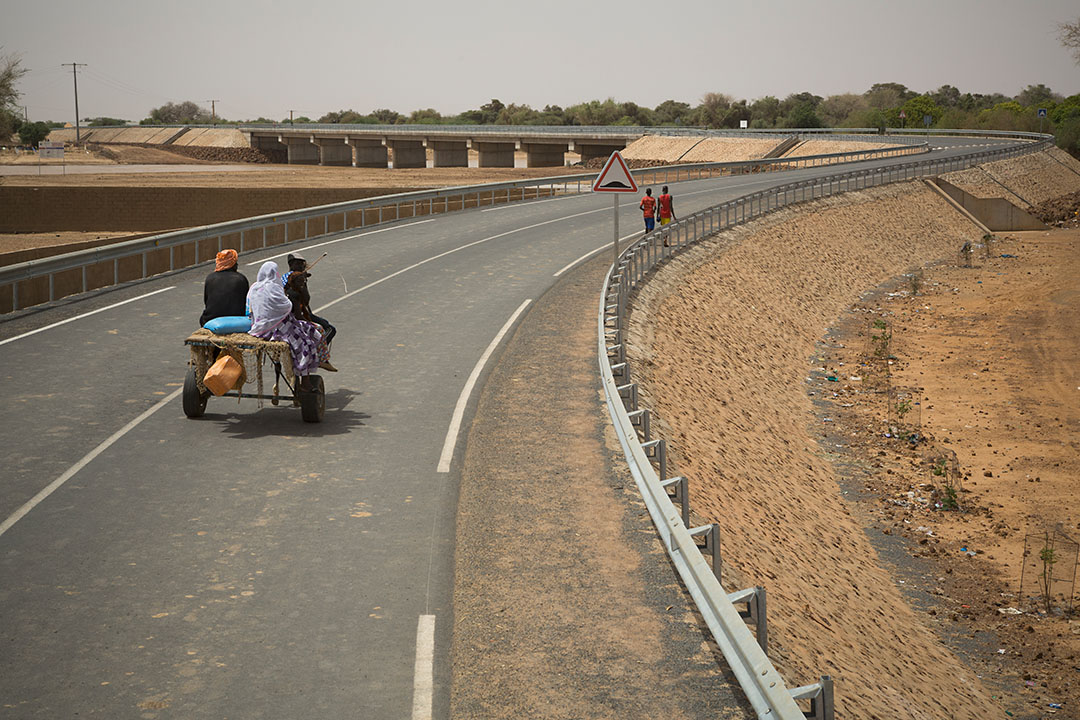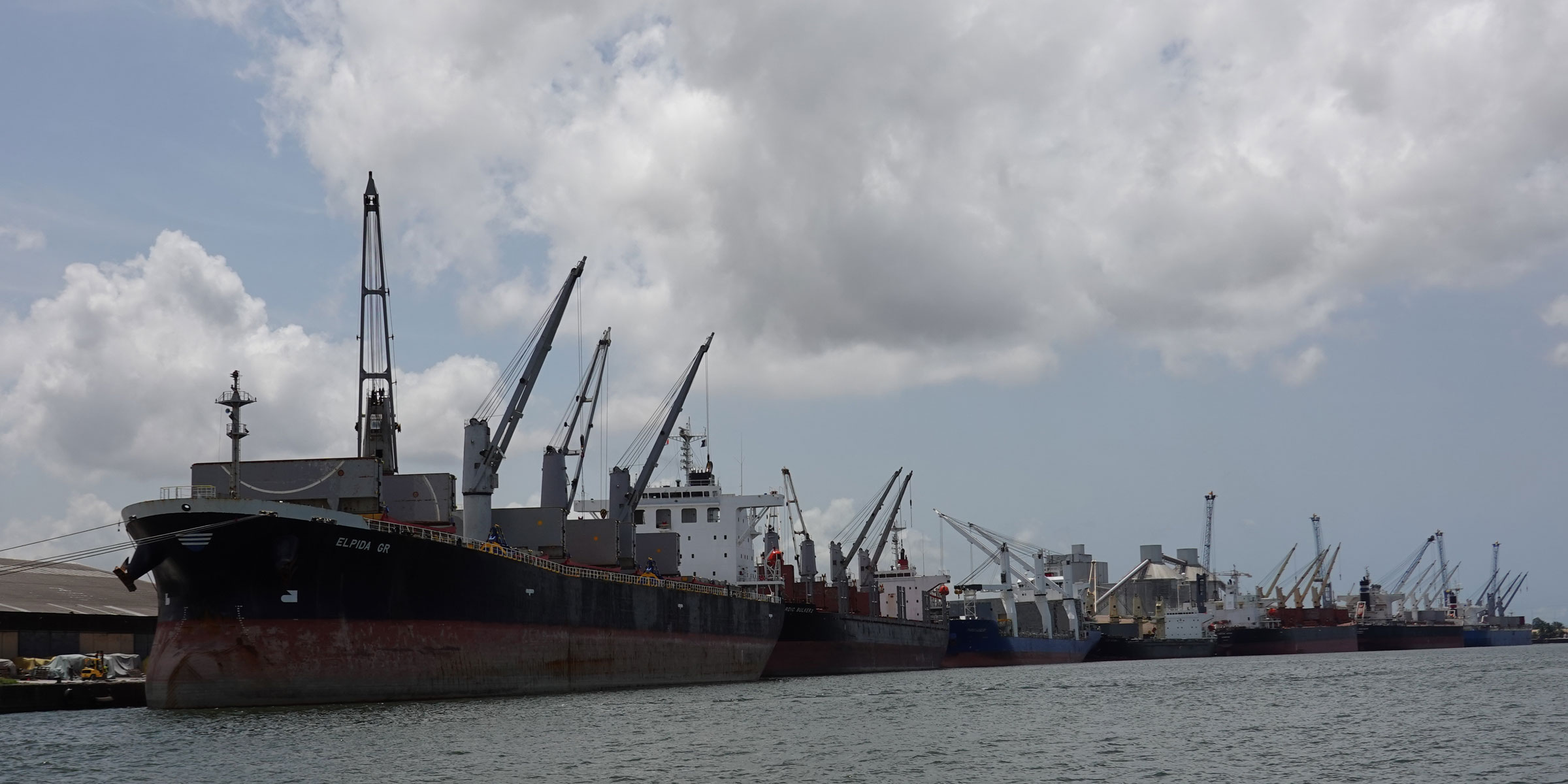With some of the fastest growing economies in the world and over one billion consumers, Africa plays a pivotal role in the global economy. Producers in Africa see a U.S. consumer market of more than 300 million people that has a purchasing power of $13 trillion—the largest in the world. A greater connection between U.S. and African nations will expand markets for goods, services, and investments, as well as advance shared prosperity, and fuel economic growth and job creation.
Prosper Africa brings together 17 U.S. Government agencies to connect U.S. and African businesses with new buyers, suppliers, and investment opportunities. The initiative makes it easier for U.S. companies to access U.S. Government export tools and investment support. Likewise, African companies can find export opportunities to the U.S. and attract investment.
Driving Private Investment in Africa
MCC is a builder, catalyst, and dealmaker for blended finance transactions and mobilizes private capital for public good in its partner countries. The agency’s support of economic growth in Africa delivers mutual benefits to the U.S. and its partner countries. African nations are the largest recipients of MCC’s development assistance, both in the number of partnerships and the amount of funding provided, and many of these MCC partner countries have prioritized infrastructure as the most binding constraints to their economic growth.
Jake Lyell for MCC
The Ndioum Bridge in Senegal spans the Doué River and connects the town of Ndioum to Morphil Island. The bridge, built with MCC funding, allows road access to Morphil from Ndioum for the first time in history.
In Côte d’Ivoire, a $525 million compact is supporting the country’s efforts to address constraints to economic growth through investments in the education and transportation sectors. Through MCC’s compact, new technical and vocational education and training centers will be established and will be developed and managed through public-private partnerships with industries in Côte d’Ivoire. MCC funding will also support the development of a logistics center for cargo movements through the Port of Abidjan as a public-private partnership. The center will provide truck parking facilities, a logistics platform, and services to help reduce congestion in Abidjan and increase efficiency of traffic through the port. The project is expected to have spillover benefits for U.S. truck manufacturers.

MCC
The port of Abidjan is one of the largest in West Africa. MCC is working to increase access to the port by creating new transit connections, reducing traffic congestion and facilitating economic growth.
MCC and the governments of Burkina Faso and Côte d’Ivoire signed a memorandum of understanding (MOU) in 2021 as part of a new regional energy interconnection program that is designed to strengthen market integration between the two countries and the West African energy sector. The MOU comes after MCC signed a cooperative agreement with the West African Power Pool (WAPP), a specialized institution of the Economic Community of West African States (ECOWAS) that is focused on regional power system integration and realization of a Regional Electricity Market.
MCC is also partnering with Africa50 to develop and launch the Millennium Impact for Infrastructure Accelerator (MIIA) Development Partnership. This partnership will be a global investment platform designed to spur and attract impact investments in Africa by developing bankable infrastructure deals with measurable social and economic impacts. The MIIA is part of MCC’s blended finance strategy to mobilize private capital for the public good by maximizing the impact of projects that spur economic growth and reduce poverty, like water and sanitation, health, education, transportation, power, and telecommunications.
Working with the Private Sector
MCC works to crowd in private capital and partners in the public and private sectors to help scale up investments and ensure long-term, sustainable results. MCC engages with the private sector in several ways:- Businesses invest alongside MCC as partners. Our compacts aim to incentivize reforms and institutional capacity-building to create an enabling environment to attract investment.
- Businesses compete for contracts, grants and public-private partnerships. MCC publishes upcoming opportunities on its website and hosts business outreach events focused on upcoming procurements that support the implementation of MCC programs in partner countries.
- Private sector expertise is leveraged. MCC’s Advisory Council provides industry expertise, insights and technical recommendations that help to inform our work and deepen public and private sector partnerships for greater leverage and impact in reducing global poverty. The council’s members represent diverse sectors from finance to innovation and law and has two subcommittees on the topics of blended finance and the power sector.

